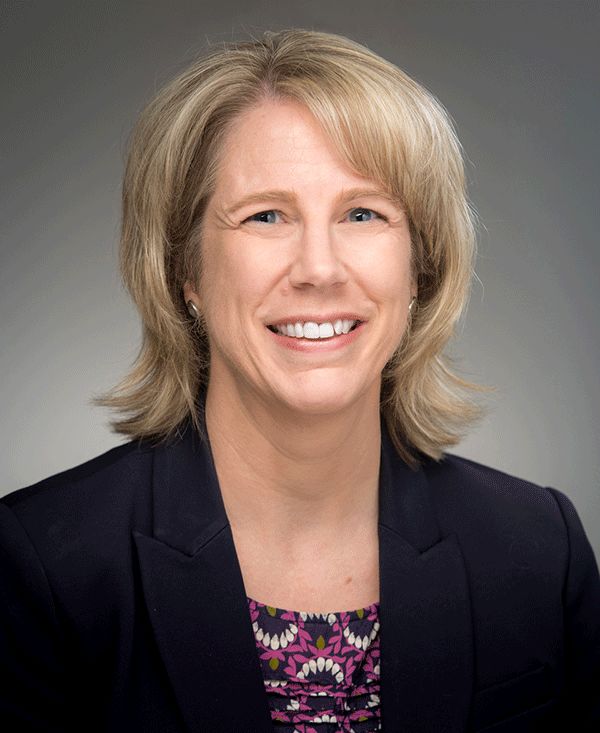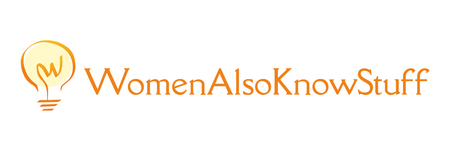
Christina Wolbrecht, a professor of political science and director of the Rooney Center for the Study of American Democracy, has been awarded a Centennial Center Special Projects Fund grant from the American Political Science Association.
The fund supports collaborative initiatives aimed at advancing the discipline of political science. Wolbrecht received the award as a principal investigator for “Broadening the Impact of Women Also Know Stuff” — one of six projects to receive funding in 2020.
“Our Special Projects Fund recipients are tackling some of the greatest challenges and embracing some of the greatest opportunities facing our profession,” said Steven Rathgeb Smith, executive director of APSA. “I am very confident that they will have a significant, positive impact on the quality of research our discipline produces, and equally importantly, that they will each work to make our discipline more inclusive and equitable.”
Wolbrecht, an affiliated faculty member of the Gender Studies Program, is a founding member of the executive board of Women Also Know Stuff, which promotes the expertise and accomplishments of female political science scholars. The organization has created an online, searchable database and social media presence in order to connect female experts with journalists and with academics developing syllabi, speaker series, and conferences in the field.
With the grant, Wolbrecht and a team of colleagues from universities across the country are planning a conference in early 2021 to bring together journalists and scholars. The event was originally slated to take place in person in Washington, D.C., but will now be held virtually.
“We are very excited to receive this funding and to host this event so that we can help women become more effective experts and communicate better with journalists,” Wolbrecht said. “For many academics, journalism is a very different world, so this event will offer a chance to learn more about their process and needs — and to share with them the resources available through the site.”

The database, which features more than 2,000 experts, has been used by journalists from many prominent news organizations — including The New York Times, NPR, the Atlantic, and the BBC. The organization has also received funding from the Democracy Fund and the National Science Foundation and has inspired dozens of similar sites in other fields.
The site has resonated, Wolbrecht said, because implicit bias is still a significant issue in academia and in the media.
“In my own work and in political science in general, representation matters,” Wolbrecht said. “So, we want to challenge the stereotypes of what experts look like and help give people a different vision.”
Wolbrecht also hopes the organization will help address the “leaky pipeline” in political science, where nearly equal numbers of men and women pursue graduate degrees in the field — but only about 14 percent of full professors are women.
“Part of the issue is generational, but it’s still something we need to examine,” Wolbrect said. “I am hopeful that through connecting people and elevating women’s work, this organization can help ensure that in the field, we are more women-friendly — for our female faculty, our graduate students, our undergraduates, all of whom face bias in different ways.”
“In my own work and in political science in general, representation matters. So, we want to challenge the stereotypes of what experts look like and help give people a different vision.”
Originally published by at al.nd.edu on October 09, 2020.